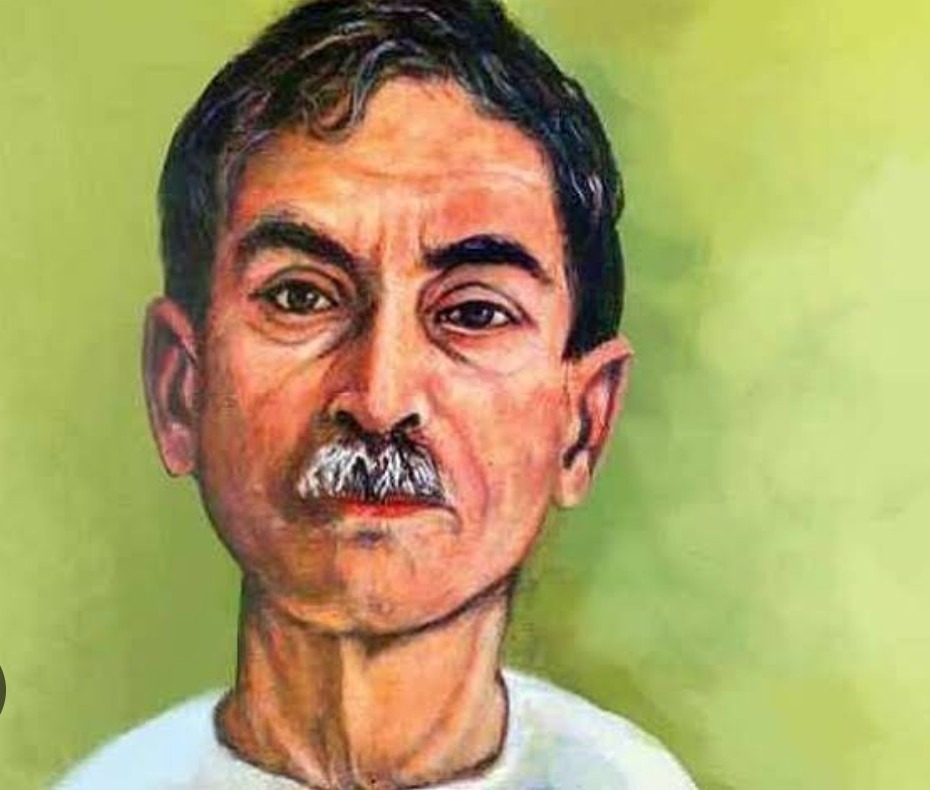
Hamirpur, 31 July (HS). Munshi Premchand, a story writer in Hamirpur district of Bundelkhand, rebelled against the British by writing literature and stories even while serving the British government. For which the British collector had his five hundred books burnt. Troubled by the harassment, Munshi Premchand also resigned from his job.
The great story writer Munshi Premchand was born on 31st July 1880 in Lamahi village of Banaras district in the house of Munshi Ajaib Lal. His father was Munshi Ajaib Lal, who named Munshi ji Dhanpat Rai in his childhood. People fondly called him Nawab Rai. He received his early education in Gorakhpur and Banaras. He was admitted to Allahabad Training College in 1902. In 1904, he also passed the JTC examination in first division. Due to his talent, he was appointed as the headmaster in Model School. In 1905, when he came to Kanpur on transfer, he came in contact with Munshi Dayanarayan Nigam.
Writer and poet Dr. Rakesh Rishabh said that the incident of burning the books of Soze Watan on Holi gave the world a new identity as the king of stories and the world story writer Premchand. He said that the ideal realistic literary journey of Munshi ji in literature also started from Hamirpur itself which continued till the last days of his life. After resigning from his job in 1921, he established Saraswati Press in Banaras and started writing and publishing. This great story writer also died on 8 October 1936.
Munshi became deputy inspector during the British rule
After promotion to the post of Deputy Inspector in the year 1908, Munshi Premchand was transferred to the Primary Education Department of Hamirpur district. During his six years of service here, Munshi Premchand established new dimensions in the field of literature and writing. He wrote stories like Rani Sarandha, Raja Hardaul, Vikramaditya ka Teg. In the series of his immortal and memorable stories, Atmaram was related to Mahadev Sunar of Bedon village of local development block Panwadi, in which this story is also based on a parrot.
Munshi ji had rebelled by writing the book Soze Watan
During his stay in exile, Munshi Premchand, along with patriotism, national sentiments and movement against slavery, also highlighted the pain of enslaved India in his literature and stories. While serving the British government, he used his pen as a sword and made sharp remarks against the imperialist rulers. While working as a deputy inspector, he published a collection of stories called Soze Watan and became the target of the British Empire. Soze Watan means the pain of the country. There were five stories in this collection.
Five hundred books were burnt in front of the general public
On the orders of the then collector of Hamirpur, Munshi ji rode a bullock cart overnight and stood in front of the collector at Kulpahar tehsil with folded hands. The collector, red with anger, threatened to chop off Munshi ji's hands and said that rebellion against the government will not be tolerated. Renowned writer and poet Dr. Rakesh Rishabh said that Munshi ji was a great story writer of this country. He said that the collector confiscated 500 books of Soze Watan from Munshi ji and got them burnt openly in front of the general public.
 look news india
look news india